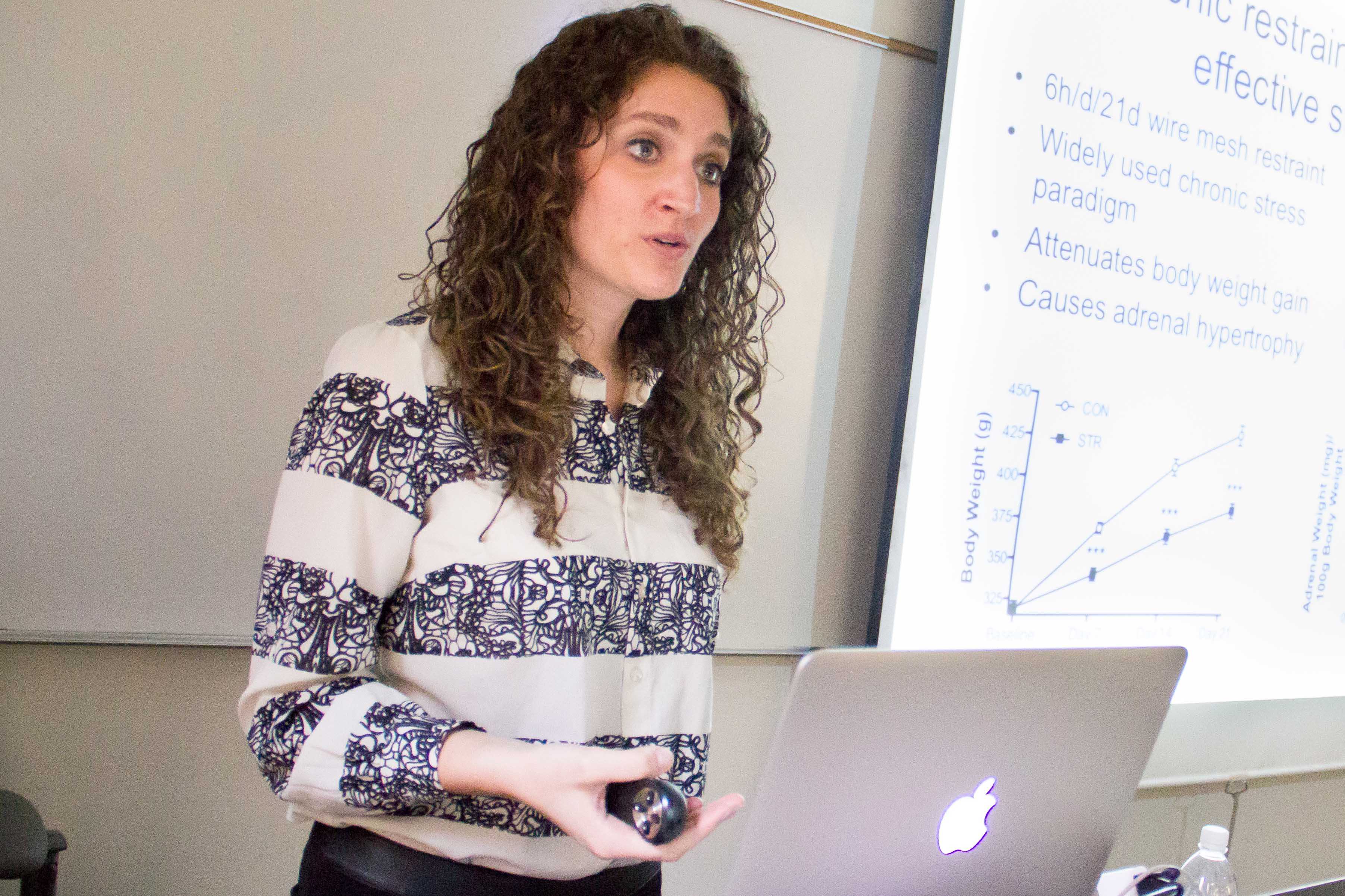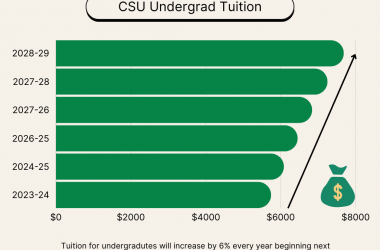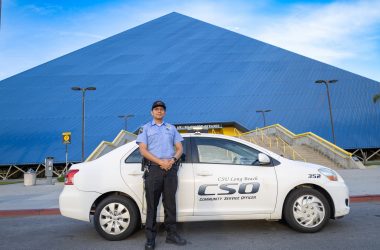Ann Hoffman, a graduate of neural psychology from Arizona State University who visited campus yesterday, presented her research on a new treatment that may help people living with PTSD.
Hoffman and her colleagues at ASU conducted experiments on lab rats to find possible treatments for PTSD through the use of fear conditioning.
The findings, she said, showed a parallel between symptoms of PTSD and chronic stress. People who live with PTSD often avoid social situations and experience increased physiological arousal, both of which are also found in people with chronic stress.
Through their research, Hoffman said, they found that people in the control group, who were exposed to long periods of stress after experiencing a form of trauma, were more prone to developing PTSD.
About 9 to 30 percent of people who experience a traumatic event will eventually develop PTSD, Hoffman said.
In their experiment, Hoffman and her colleagues conditioned rats in the fear-conditioning group to associate a traumatic event with a less stressful memory. Hoffman said the process, reconsolidation through protein synthesis, blocks the formation of new memories.
After being exposed to several hours of induced stress, the test subjects were then put through another process called destabilization, which attempts to correlate the old traumatic memory with a less stressful one in order to dampen the negative effects it has on the subject.
The final process of the experiment, known as restabilization, then replaces the traumatic memory with a new one.
A key component to this experiment, Hoffman said, was the timely blocking of protein synthesis in order to prevent the negative feelings associated with the traumatic memory from re-emerging.
“If we go in and kind of disrupt this process by blocking protein synthesis, we can cause amnesia from the original memory,” Hoffman said.
Hoffman said that the subject’s memory can be manipulated within a six-hour-long window.
Yasmin Cofman, a CSULB graduate student studying psychological research, said she believed that the findings of this study will be beneficial to those living with PTSD.
“PTSD is something we see every day,” Cofman said. “It’s important that there be many options made available to help with their condition.”
Some people who have criticized the study say that simply forgetting the memory is not an effective way of coping with PTSD, Hoffman said.
However, Hoffman said that forgetting the memory is only a small part of the process and that it’s the creation of a positive memory in place of the negative one that is important.




